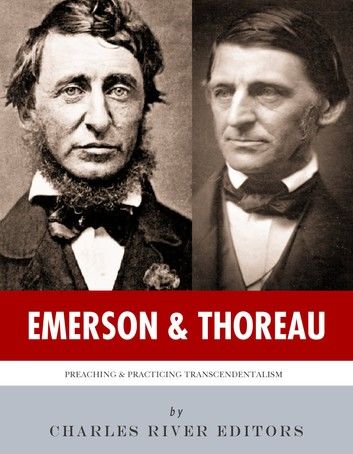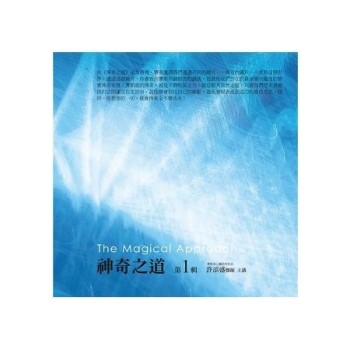| FindBook |
有 1 項符合
Ralph Waldo Emerson & Henry David Thoreau: Preaching and Practicing Transcendentalism的圖書 |
 |
Ralph Waldo Emerson & Henry David Thoreau: Preaching and Practicing Transcendentalism 作者:Charles River Editors 出版社:Charles River Editors 出版日期:2012-12-02 語言:英文 |
| 圖書館借閱 |
| 國家圖書館 | 全國圖書書目資訊網 | 國立公共資訊圖書館 | 電子書服務平台 | MetaCat 跨館整合查詢 |
| 臺北市立圖書館 | 新北市立圖書館 | 基隆市公共圖書館 | 桃園市立圖書館 | 新竹縣公共圖書館 |
| 苗栗縣立圖書館 | 臺中市立圖書館 | 彰化縣公共圖書館 | 南投縣文化局 | 雲林縣公共圖書館 |
| 嘉義縣圖書館 | 臺南市立圖書館 | 高雄市立圖書館 | 屏東縣公共圖書館 | 宜蘭縣公共圖書館 |
| 花蓮縣文化局 | 臺東縣文化處 |
|
|
圖書介紹 - 資料來源:樂天KOBO 評分:
圖書名稱:Ralph Waldo Emerson & Henry David Thoreau: Preaching and Practicing Transcendentalism
*Includes inspirational quotes from both Emerson and Thoreau*Includes Emerson's article about Thoreau's life in the August 1862 edition of Atlantic Monthly*Includes a Bibliography of their works and secondary works about them.*Includes pictures of Emerson, Thoreau and important people and places in their lives.*Includes a Table of Contents. "Standing on the bare ground, my head bathed by the blithe air, and uplifted into infinite space, all mean egotism vanishes. I become a transparent eye-ball; I am nothing; I see all; the currents of the Universal Being circulate through me; I am part or particle of God." Ralph Waldo EmersonIn the mid-19th century, Romantic literature was still in full bloom across the West, but some American authors began producing literature that, while still Romantic, was unique enough to be considered a different genre. This new genre, Transcendentalism, focused on the spirituality of the self and nature, not rejecting religion outright but concentrating on pragmatism and the importance of individuals as the spiritual center of the cosmos. In addition to drawing upon the Age of Enlightenment, Transcendentalist authors also utilized the philosophy of Plato, who taught that self-fulfillment through attaining knowledge should be an individuals ultimate goal.The leader of Transcendentalism, and the man who ushered the movements practices and literature, was Ralph Waldo Emerson (1802-1883), one of Americas most famous writers and speakers. Emerson initiated Transcendentalism with the publishing of his essay Nature in 1836, which espoused the virtues of nature and the interconnectedness of all life in nature. With his focus on the environment and natural history, Emerson became the first major American writer whose work was not influenced in any way by European literature. Emerson established group meetings, gave a series of lectures, and helped produce a Transcendentalist publication in the 1840s, which included his famous essay Self-Reliance. As Emersons movement and stature grew, he befriended other authors, including Henry David Thoreau, who became his greatest protégé. As a protégé of Ralph Waldo Emerson, Thoreau took the values of the movement to heart and was particularly interested in the interconnection between man and nature, writing in Walden, Most of the luxuries and many of the so-called comforts of life are not only not indispensable, but positive hindrances to the elevation of mankind." That famous work was Thoreaus account of his experience living for two years in a small cabin in a forest along the shore of Walden Pond in Concord, Massachusetts. In 1846, Thoreau was arrested for failing to pay taxes, which was based on his opposition to slavery and other ways the government spent taxpayers money. After being freed, he gave a lecture about the roles of governments and individuals in society, which eventually became the famous essay Civil Disobedience. Thoreaus message of civil disobedience has resonated more than any of his other Transcendentalist values, and it had a profound influence on the philosophy and nonviolent protests of activists like Mahatma Gandhi and Martin Luther King, Jr. Ralph Waldo Emerson & Henry David Thoreau looks at the lives and works of both men, examining their ideology and the Transcendentalist movement. Along with pictures of important people and places, you will learn about Thoreau and Emerson like you never have before.
|











